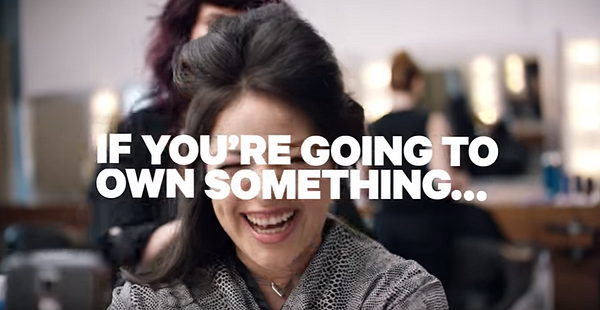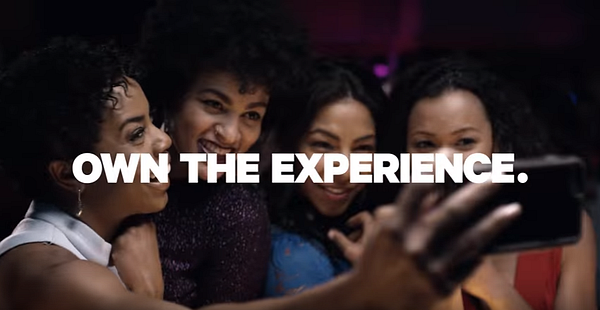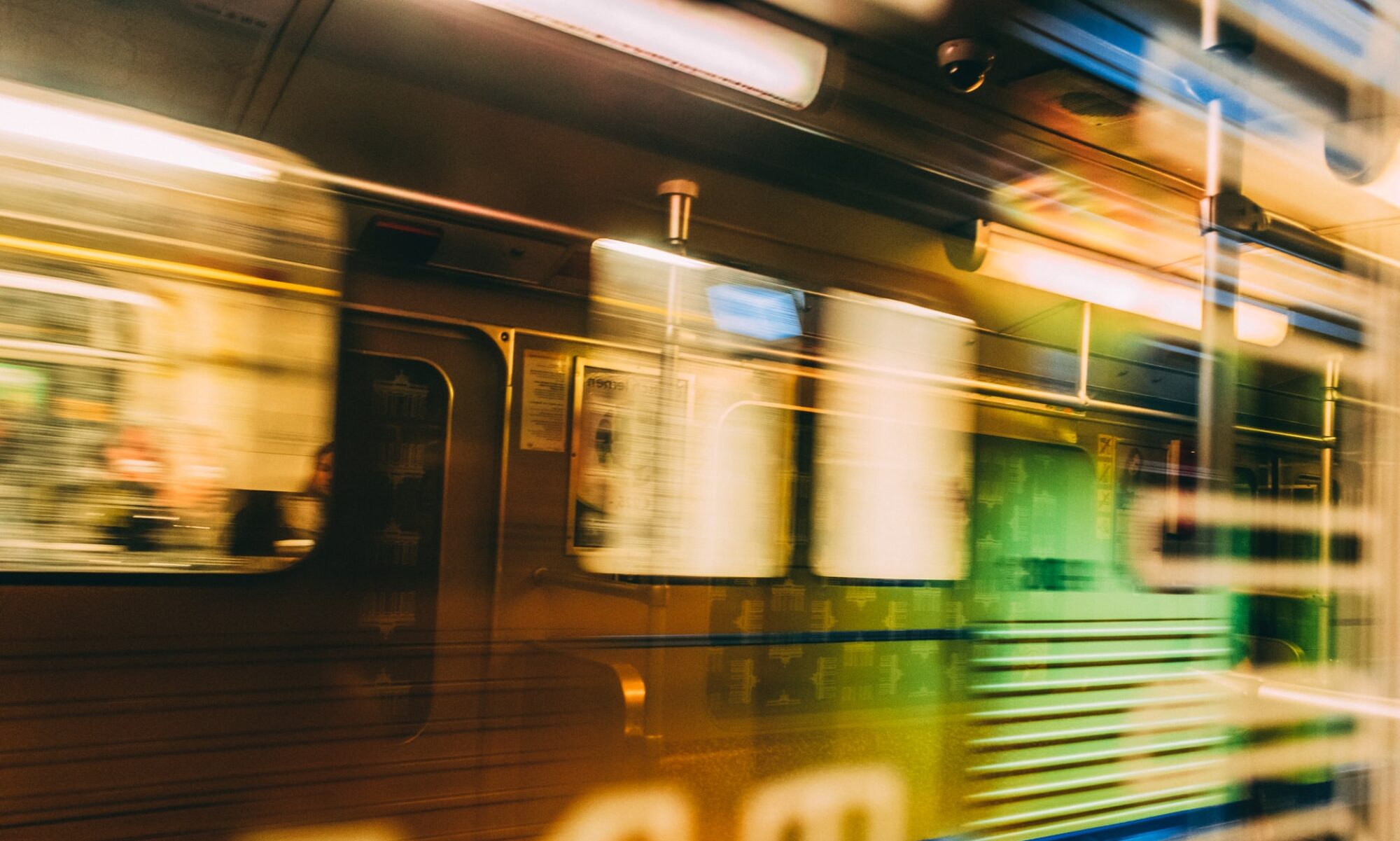Have Done
The closing line in the commercial is solid:
“If you’re going to own something…own the experience.”
Hearing this struck a chord because I immediately tied it back to something I read earlier from James Altucher.
“ For me, experiences are always more important than material goods. A story is more important than a gift.”
— James Altucher
He goes into this in more detail in his book Choose Yourself. As frugal as he can be when it comes to buying things, James Altucher spares no expense when it comes to spending money on experiences.
When I first read that, I thought about how so many people I know, including myself, seem to be in the endless pursuit of the material more. Maybe because we can. I like to blame cultural pressure and the unnecessary need I feel to keep up with the Joneses. Of course some material things are essential for safety and survival, but as for the luxuries, it’s only because we want them.
Spending Time vs. Spending Money
We often spend money to buy things. To have them and to own them. And if we’ve earned it, why not? Having new things — better things — feels good. So we want more…and more.
Shopping is an experience that can be addicting. I’m in no place to judge. I just bought a new suit online this morning. I didn’t need it. I already have seven in the closet. It was 73% off so I justified the purchase knowing I could wear it to work. I guess what I was really buying was the pleasure that will come along with it. I’m indirectly buying that experience. It’s a means to an end.
If in the end I just want to feel good and be happy, perhaps I should be more mindful about how I spend my time.
I grew up hearing “time is money.” I agree it needs to be spent well. If it truly is finite and we never know when our time will run out, then I wonder why we waste so much of our time trying to be happy in the future. Couldn’t we just be happy right now, without spending a penny or accumulating any extra baggage?
Even when I’m having a bad day and everything seems to be going wrong, I can transform the experience knowing that those bad days happen for good reason. You don’t appreciate the good times as much unless you know the challenges that come with the “bad” days. Oftentimes, we need those bad days to teach us an important lesson. And if seen from that perspective, we can be grateful for the good sandwiched between the bad. Perception becomes reality.
What we choose to do with our time is important. More important, I think, is how we perceive the experience of that time. The same story can be interpreted in numerous ways. The same circumstances provide a different experience to different people.
Too much philosophy and not enough practicality? That’s fair. Instead of manipulating our perception, let’s consider how we can alter our approach to improve the experience.
Elevating the Experience
I love to read and to watch movies. It gives me the chance to experience life through others. Experiences that might normally be out of reach or a life better left to fantasy and imagination.
It wasn’t until recently that I wondered why. I’ve already acknowledged that I enjoy living vicariously in the shadows. Although I’ve occasionally ventured out into the limelight, my introverted nature feels more comfortable in the audience. Comfortable but limiting. Being the spectator only takes me so far. It’s so much more fun to be on stage. The experience is elevated.
Take, for example, the difference between the experience of a reader and that of a writer. I enjoy both. For me, writing is more sublime. I become an active participant. In addition to input there’s output. I can connect different dots and create something new. This takes the enjoyment of reading and brings it to a higher level.
Passive Participation > Active Participation > Creation
The transformation can take many forms and different paths, depending on what you experiment with and where you find your passion.
- Reading the book > Writing the book
- Sitting in the audience > Being the main character
- Spectating in the stands > Playing the field > Coaching
- Listening to the radio > DJing the playlist > Producing
- Eating at the table > Cooking in the kitchen
- Wallflower > Dancer > Choreographer
- Passenger > Driver
- Employee > Manager > Entrepreneur
- Consumer > Creator
Those who step up and perform, have an opportunity to inspire the audience. Those who create, have the power to elevate the experience for others as well as for themselves.
Love eating French cuisine? Julia Child decided to become a chef and bring the art of French cooking to the United States. Julia went on to author several cookbooks and become a legend as a TV cooking personality.
Fascinated with movies? Harrison Ford (I’ll always think of him as Han Solo) overcame his shyness and got into acting. He is now the highest-grossing actor in U.S. box office history.
And if you feel like an old dog, remember that both Julia Child and Harrison Ford blossomed later in life.
It’s never too late to elevate your experience.


Own It
Surround yourself with the Have-dones. When you’re time is up, let your memories be filled with what you’ve done more than what you possessed. Spend more time in your world, not somebody else’s. Don’t just go along for the ride, find your own path. Choose to dance instead of being a wallflower.
“ Dance, even if you have nowhere to do it but your living room.”
― Mary Schmich, Wear Sunscreen: A Primer for Real Life
…or don’t.
Every experience you have is all that you really need. You still have to own it though. You’re accountable for making good of it. Elevate it, learn from it, share it, or simply enjoy it. Don’t take for granted the fleeting precious moments you already have. Be present. Everything else will unfold as it should.
So let me reiterate and close Groupon style:
“If you’re going to own something…own the experience.”



